With no guess work needed, your little champs are remarkably good at getting soiled and messy, either while playing in the muck, by using their sauce-smeared dirty hands to scratch themselves or wiping their nose without a tissue. This is the perfect time for you to start training your child about healthy hygiene regimes. Your son is not going to be a hygienic king overnight, slowly making him acquainted with good sanitation skills will surely help to inculcate good habits in your child early on in life and will help him stick to it once he is old enough to handle things without parental direction.
Teaching good hygienic habits is much more than just hand-washing. Once kid’s master the techniques of good sanitation during childhood, these habits are sure to last them all through their lives. Parents, guardians and peer can impact the child’s approach to hygiene in a big way. Moreover educating your child about the importance of maintaining personal hygiene is the best way to prevent the spread of contagions and disorders. Always remember, following the principles of correct hygiene at a nascent stage will aid your kid’s to live a healthy life in the future. Cleanliness should be made a part of everyday life and the only way for parents to acquaint kids with sanitation is to be good role models by practicing hygiene themselves.
Below mentioned is a head-to-toe guide offering parents tips on encouraging their children to take care of their bodies by staying hygienic.
Washing Hands Properly:
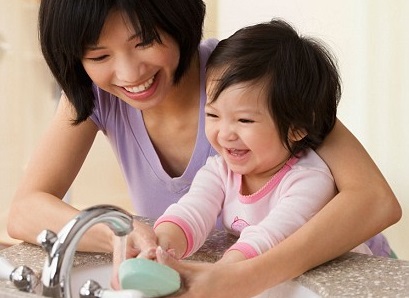
Image Source: Women & Baby Blog
With the on-set of the cold and flu season, the best way to keep your child healthy is by signifying the right way to clean hands. Explain to them that germs and dirt get accumulated in our palms and if not washed properly can make them sick. Make them understand the importance of proper washing to get rid of the germs. List down a proper time frame and cues of when the your child needs to make his trips to the sink for example before and after eating meals, after playing, times they fall ill, after using the washroom, after blowing his nose. Hand washing is very vital to prevent the development of worms that cause an itching sensation around the anus and genitals. These easily get contracted due to faulty toilet hygiene or from animals. When your child is in school, he is expected to use the restrooms himself and wash his own hands, parents should ensure the child learns to take care of his personal hygiene or else this might be an easy entry for bacteria to spread. Parents need to properly demonstrate to children the procedures of proper hand washing. Turn on the water for them, properly wet their hands, pump in some soap and properly scrub their hands till the formation of lather. Most germs are stuck in between the fingers, so a key to proper hand-washing is to properly clean the gaps between your fingers. They can also use liquid sanitizer to keep their hands clean. Always appreciate your child’s effort, this will motivate him to stick to his or her hygienic goals.
Bathing
Parents should make the bathing session a fun way for kid’s to cleanse themselves and get rid of germs. Ensure they scrub their tummy, hands, legs and genitals with a good anti-septic soap.
Teaching children proper coughing and sneezing etiquette’s
Cough and sneeze are greatly responsible for spreading germs and bacteria. Showing and telling is the best strategy for teaching these skills to your child. Teach them to cover their nose and mouth with a tissue or handkerchief every time they sneeze or cough. Teach them the proper method of wiping their running nose so they don’t soil their hands. Train them to cough into their sleeves and elbow. The appropriate way to blow the nose is by pressing one nostril closed while exhaling through the other.
Tooth Brushing Skills
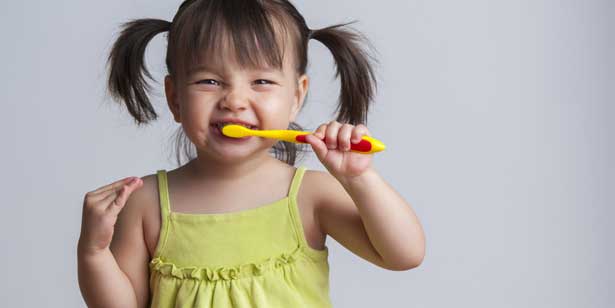
Image Source: fenwayhealth.org
If you ever see your child reaching out to his or her toothbrush don’t pull it away. Let him try it out. Dental hygiene also forms an important part of the overall sanitization and cleanliness of the child. Making your child comfortable with the appropriate way of brushing can surely make him a pro at this at an early stage. Explain to him each step starting from wetting the tooth brush, pressing a thin smudge of toothpaste on to it and then properly cleaning his teeth and tongue. End the session by teaching him to rinse and spit his mouth thoroughly.
Keeping Nails Clean
Parents should discourage nail biting especially if the child is swallowing nails. Nails are a perfect breeding environment for dust particles and germs. When a child bites his or her nails, there is a direct transmission of germs into the child’s mouth and later into the digestive system, causing severe health problems. These bacteria can cause problems like diarrhea, imbalance of electrolyte and dehydration problems. The only solution is proper hand-washing and keeping nails short and clean.
Maintaining Food Hygiene
It is mandatory for children to wash their hands before meals. Refrain your child from eating anything that’s fallen on the floor. Cleanliness should also be maintained while cooking and serving the food. Ensure you wash your hands properly before feeding your child. Using a spoon to feed will reduce the amount of bacteria’s from passing into the child’s mouth.
Correct Toilet Training
Kids should be toilet trained to wash their genitals after defecating. Train them to wash their hands thoroughly with soap once they are done. These healthy habits will help curtail irritation and keep infections at bay.
Poor personal hygiene makes your children vulnerable to infection. Keep your kid’s away from bacteria-causing disease by practicing the above mentioned personal hygiene habits. It’s quite rewarding if your child already practices good hygiene. If not, now is a right time to teach him.
Image Source: ilslearningcorner.com








































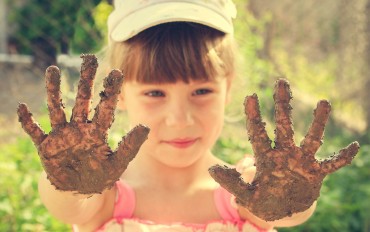










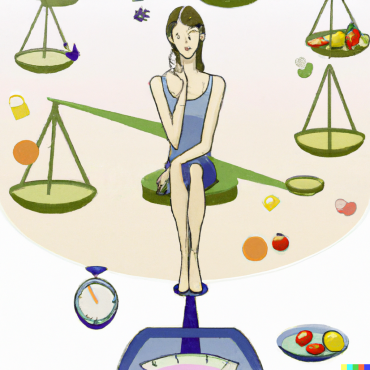

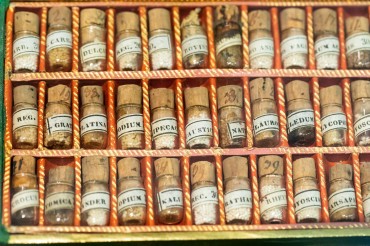
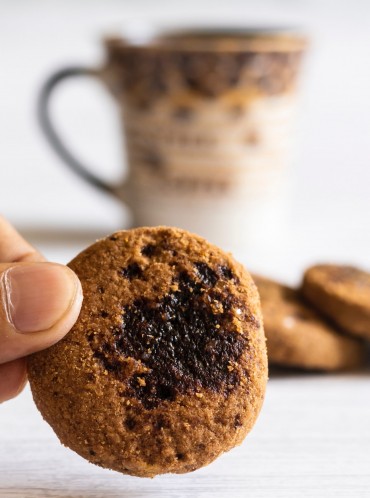

Comments